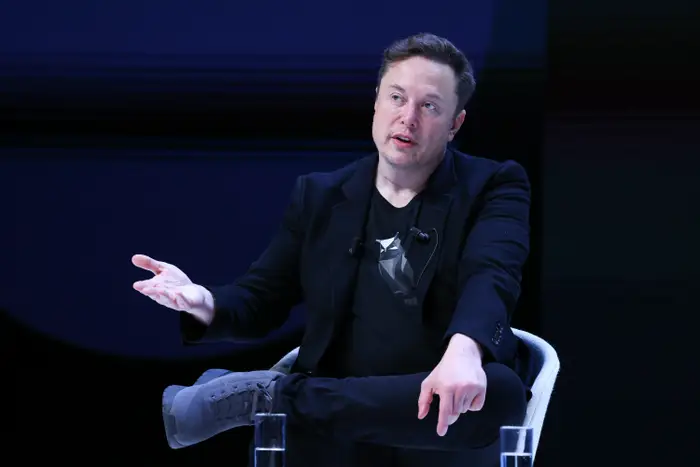- Elon Musk supports California’s SB 1047, which mandates safety protocols for large-scale AI models.
- SB 1047 aims to regulate AI to prevent potential harm from advanced technologies.
- Musk’s company, xAI, would be affected by these regulations, despite relocating out of California.
- Musk has a long-standing history of advocating for AI regulation.
- The bill has sparked debate within the AI industry on balancing regulation and innovation.
Main AI News:
Elon Musk has expressed his support for California’s SB 1047, a proposed legislation requiring developers of large-scale AI models to create and thoroughly document safety measures to prevent potential harm. This bill, seen as a significant step in regulating artificial intelligence, is designed to ensure that companies working with powerful AI technologies take responsibility for the risks associated with their innovations. Musk, who has been a vocal advocate for AI regulation for over two decades, believes that passing SB 1047 is a necessary move, despite acknowledging that everyone may not accept the decision.
Musk’s backing of the bill is particularly notable given that his AI company, xAI, would be directly impacted by these regulations, even though he has previously chosen to relocate his operations out of California. Musk has long warned of the dangers posed by uncontrolled AI development, emphasizing the need for stringent safeguards to prevent potentially catastrophic outcomes.
In contrast, OpenAI, a prominent competitor in the AI industry, has recently voiced its opposition to SB 1047. Instead of supporting this bill, OpenAI advocates for an alternative legislative approach that they believe would better address the complexities of AI regulation without stifling innovation. This divergence in perspectives between two of the most influential figures in the AI field underscores the ongoing debate over how best to manage the risks associated with rapidly advancing AI technologies.
Conclusion:
Elon Musk’s endorsement of California’s SB 1047 signals a significant shift toward more rigorous regulation in the AI industry. This bill could set a precedent for how other states or countries approach AI safety. Companies developing large-scale AI models may need to invest more in compliance and safety documentation, potentially increasing operational costs. However, this could also create opportunities for firms specializing in AI safety and compliance technologies. The differing stances of industry leaders like Musk and OpenAI highlight the ongoing tension between innovation and regulation in the AI sector. This debate will likely influence market dynamics, with potential implications for investment strategies, competitive positioning, and the future direction of AI development.

